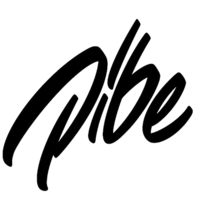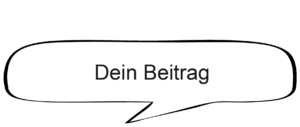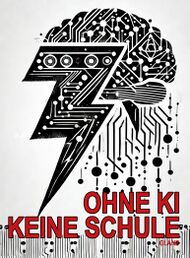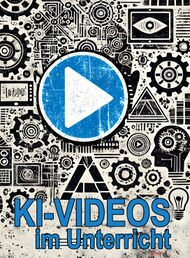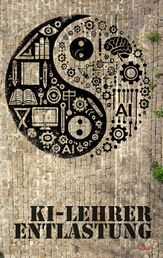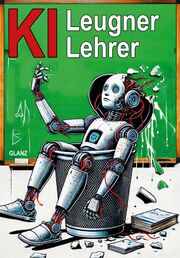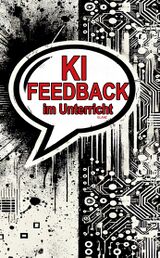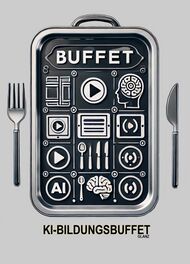Englischlernen - Familie / Family


Englischlernen - Familie / Family
Introduction to Family
In this module, we will explore the concept of family, a fundamental social unit in human societies. A family is more than just a group of people related by blood (Blut) or marriage; it is a vital institution that influences our identity (Identität), values (Werte), and behaviors (Verhaltensweisen). Throughout history, the structure and roles within families have evolved, reflecting changes in society and cultural norms. Today, we recognize a variety of family forms, including nuclear families, extended families, single-parent families, and more. By understanding the dynamics and importance of family, we can appreciate the diversity of family life across cultures and its impact on individuals and communities.
The Evolution of Family Structures
Traditional vs. Modern Family Models
Historically, the extended family was the most common form of family, consisting of multiple generations living together or in close proximity. This model provided support for childcare, aging relatives, and economic activities. In contrast, the nuclear family, typically comprising parents and their children, has become more prevalent in modern societies, influenced by industrialization, urbanization, and changes in economic and social policies.
Diverse Family Forms
Today, we recognize that families come in many shapes and sizes. Besides the traditional nuclear and extended families, there are single-parent families (Alleinerziehende Familien), blended families (Patchwork-Familien), same-sex parent families (Familien mit gleichgeschlechtlichen Eltern), and childfree families (kinderlose Familien). These diverse family forms reflect the changing attitudes towards marriage, parenting, and cohabitation.
The Role of Family in Society
Socialization and Support
Families play a crucial role in the socialization process, teaching children the norms, values, and culture of their society. They also provide emotional and financial support, helping members navigate the challenges of life.
Economic and Social Impact
Families contribute to the economy through their productive and reproductive activities. They are also units of consumption and play a significant role in the welfare system, providing care for the young, elderly, and sick.
Interaktive Aufgaben
Quiz: Teste Dein Wissen
What is a nuclear family? (A family consisting of parents and their children living together) (!A family including relatives beyond the immediate family, like grandparents) (!A family with parents of the same gender) (!A family formed after remarriage, including stepchildren and/or stepparents)
Which factor has NOT contributed to the rise of nuclear families? (Industrialization) (!Increased life expectancy) (!Higher education levels) (!Decreased agricultural activities)
What is a key role of the family in society? (Socialization of children) (!Providing employment) (!Regulating the economy) (!Designing social policies)
Which type of family includes stepchildren or stepparents? (Blended family) (!Extended family) (!Single-parent family) (!Nuclear family)
How have modern family forms changed in response to society? (Reflecting changing attitudes towards marriage and parenting) (!Remaining unchanged from traditional structures) (!Becoming less important in socialization) (!Decreasing in diversity)
Which of the following is a characteristic of extended families? (Multiple generations living together or in close proximity) (!Only one parent and children) (!Parents and children living independently) (!Couples without children)
What significant role does the family play in the economy? (Unit of consumption and support) (!Sole provider of education) (!Primary legal institution) (!Central political entity)
Which family form is characterized by parents who choose not to have children? (Childfree family) (!Nuclear family) (!Single-parent family) (!Extended family)
What has influenced the prevalence of single-parent families? (Changes in social and cultural norms) (!Decrease in life expectancy) (!Decrease in urbanization) (!Stable economic conditions)
Which family form is made up of families with parents of the same gender? (Same-sex parent families) (!Blended families) (!Extended families) (!Nuclear families)
Memory
| Nuclear family | A family consisting of parents and their children |
| Blended family | A family formed after remarriage, including stepchildren and/or stepparents |
| Extended family | Multiple generations living together or in close proximity |
| Single-parent family | A family with one parent and their children |
| Childfree family | Couples who choose not to have children |
Kreuzworträtsel
| Nuclear | What family type consists of parents and their children? |
| Blended | Which family is formed after remarriage, including stepchildren and/or stepparents? |
| Extended | Which family includes multiple generations living together? |
| Single | A family with one parent and their children is called what? |
| Childfree | What term describes couples who choose not to have children? |
LearningApps
Lückentext
Offene Aufgaben
Leicht
- Research and present the structure of your own family and how it fits into the types of families discussed.
- Create a family tree including at least three generations and share its significance.
Standard
- Interview a family member about how family roles and responsibilities have changed over generations.
- Write an essay on the impact of social media on family relationships today.
Schwer
- Analyze the effects of globalization on family structures in different cultures.
- Conduct a survey on the prevalence of various family forms within your community and present your findings.
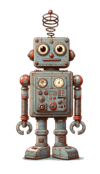

Mündliche Prüfung
- Discuss how the concept of family has evolved over the last century and what factors have influenced these changes.
- Explain the importance of family in the socialization process and give examples from different cultures.
- Reflect on the economic roles of families in society and how they contribute to the welfare system.
- Debate the statement: "The traditional nuclear family is becoming obsolete in modern societies."
- Analyze the impact of legal changes on family structures in your country.
OERs zum Thema
Links
Teilen - Diskussion - Bewerten
Schulfach+

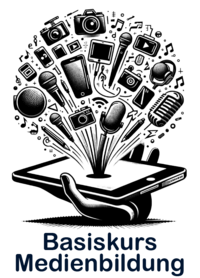
aiMOOCs



aiMOOC Projekte

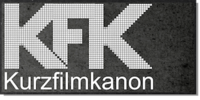
THE MONKEY DANCE




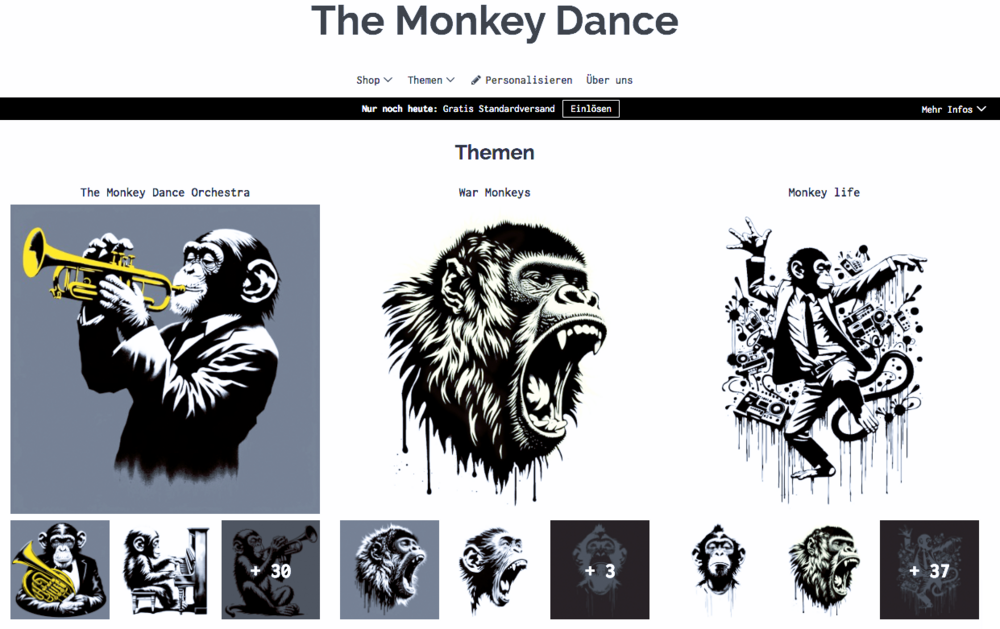
|
|
|

Sponsoren, Förderer, Kooperationspartner
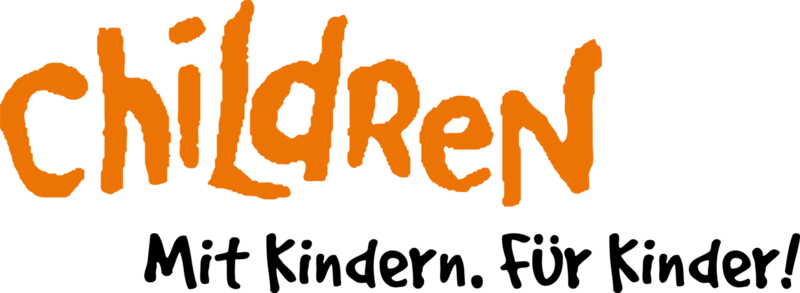
Children for a better world >> Förderung der AI Fair-Image Challenge
Fair-Image wird von CHILDREN JUGEND HILFT! gefördert und ist mit der deutschlandweiten AI Fair-Image Challenge SIEGERPROJEKT 2025. Alle Infos zur Challenge hier >>. Infos zum Camp25 gibt es hier. Wenn auch Ihr Euch ehrenamtlich engagiert und noch finanzielle Unterstützung für Eurer Projekt braucht, dann stellt gerne einen Antrag bei JUGEND HILFT.
